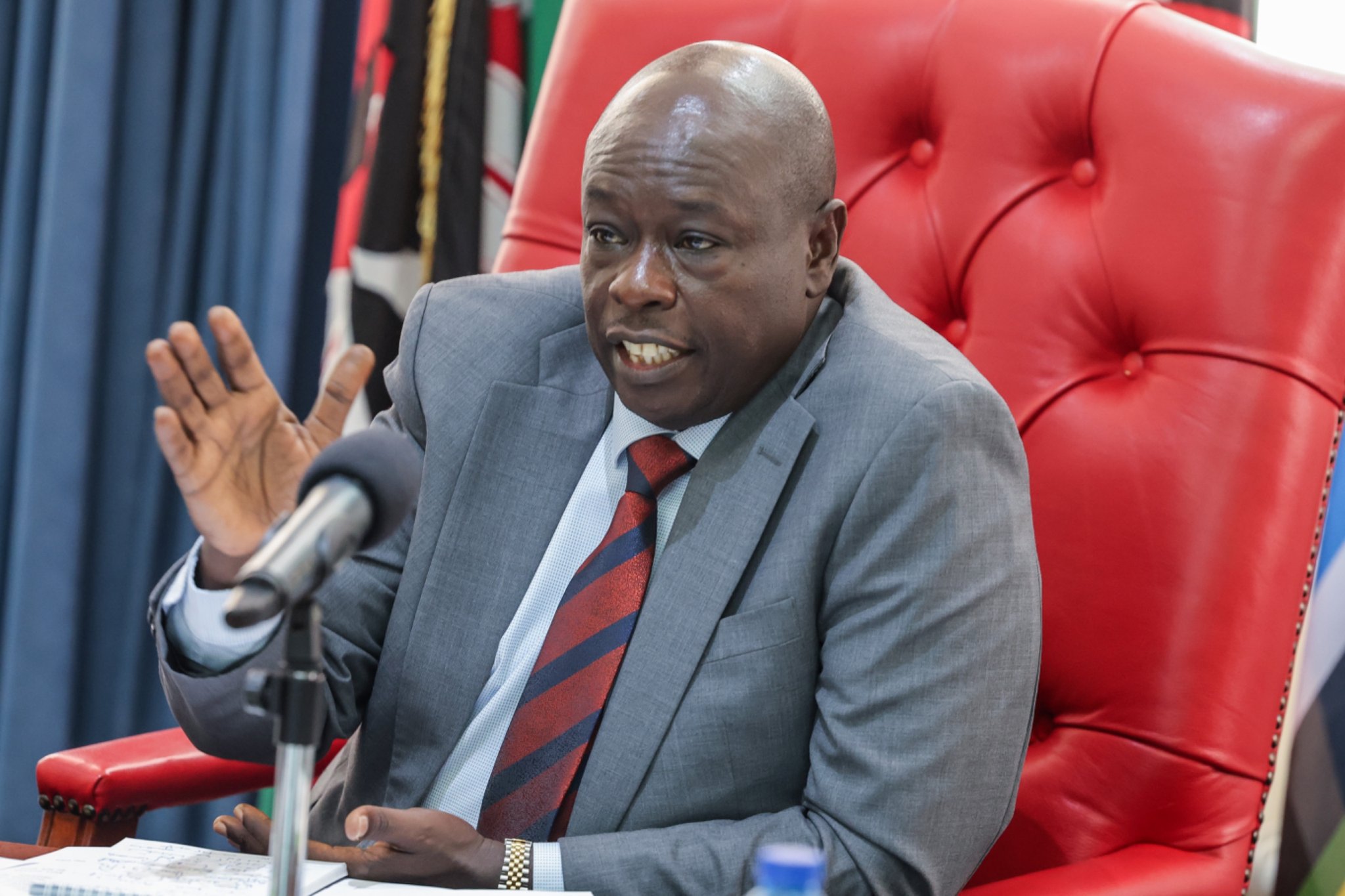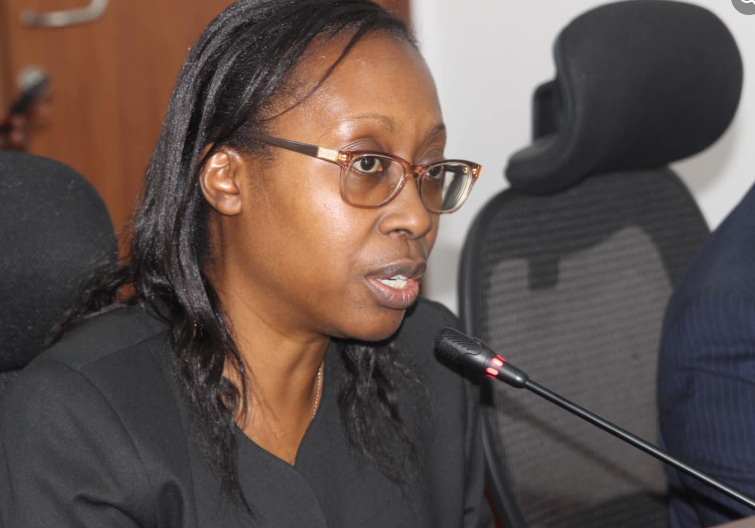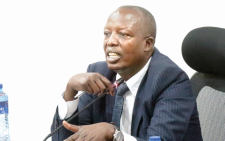The recent staffing revelations from the office of the Deputy President have spotlighted the long-recognised crisis in Kenya’s public sector – the bloated civil service. When a leaked internal memo ordered employees in senior job groups to proceed on compulsory leave, it inadvertently exposed a bureaucratic apparatus so expansive it defies the imagination.
Consider this: At the time Rigathi Gachagua’s impeachment was affirmed by the Senate on the night of October 17, his office alone employed 15 directors, deputy directors, and assistant directors of public communications. Fifteen! To these, add eight assistant directors for hospitality services, and the picture becomes clear – this’s bureaucratic redundancy at its finest.
More than 100 employees in senior positions were affected by the directive from the principal administrative secretary in the DP’s office. Many others presumably work in lower-ranking support roles in that office. Together, the DP’s workforce far surpasses that of a typical medium enterprise.
The question naturally arises: How many communication directors does one Deputy President require? At what point does administrative support cross the line into wasteful excess?
This snapshot from one office suggests a broader pattern of administrative bloat across government institutions. The numbers from the Kenya National Bureau of Statistics confirm this troubling trend. Public service employment swelled from 774,700 in 2015-2016 to 923,100 in 2020-2021, growing at an average rate of 4.34 percent annually. Projections indicated a further increase to 963,200 positions by 2021-2022.
The financial implications are staggering. In 2022, about one trillion shillings were allocated to public-sector wages, including county government payrolls. More alarming still was a warning from the head of the Salaries and Remuneration Commission (SRC) in September that about half of government revenues were being consumed by remuneration – a pattern that is plainly unsustainable.
Yes, civil servants are essential. They implement the policies that Parliament creates. They provide vital services – from local chief’s offices to passport bureaus in major cities and towns. And they help maintain infrastructure and provide professional expertise to support policymaking.
But the Kenyan system appears designed more for employment creation and perpetuation than providing efficient services. An informal patronage system persists that enables elected officials to dish out government jobs to supporters, friends and family members, often without proper consideration of qualifications or necessity. Or they create jobs out of thin air to reward their cronies.
It’s been said that the point of the civil service is to perpetuate itself. Government departments, critics argue, tend to expand their budgets and staff over time, as they seek to justify their existence by creating new programmes and responsibilities. New procedures and rules (often spawned by new legislation) mean that more administrative oversight is required, and in turn more people must be hired.
Not that calls haven’t been made to tame civil service expansion. The SRC occasionally sounds the alarm about the nation’s ballooning wage bill. But the natural reaction of civil servants is to resist reforms or changes that might reduce their size or influence.
Judging from the staffing glut in the DP’s office, our civil service is doing extremely well sustaining itself. But at what cost to the country? How many classrooms could we build with the money we are wasting on redundant directors? How many hospitals could we equip? How many young entrepreneurs could we support? Six decades after independence from Britain and we still wonder why Kenya is underdeveloped?
A rigorous evaluation of staffing needs across all government departments is clearly long overdue. Every existing position should be justified. Every salary must be earned. Every office should serve the public, not political interests. We need a civil service that serves citizens, not itself.
— The writer is a Sub-Editor with People Daily



















